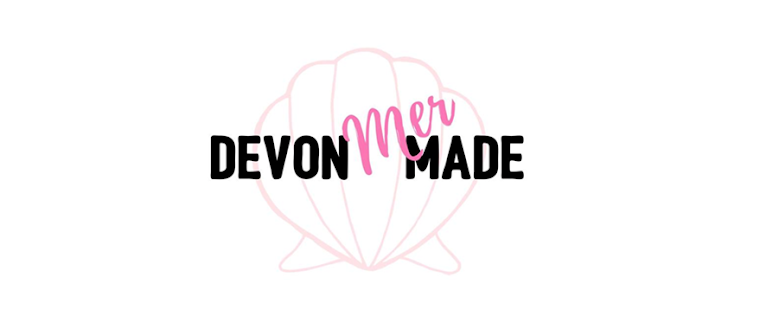There’s a great Lee Evans sketch, where he talks about asking
for the bill at a restaurant, and how we unconsciously rub our fingers together
as we say ‘cheque please!’. Have you ever noticed how often you use your hands
to describe what you’re trying to say? I'm guilty too - the amount of times I mimic using a phone when I talk about calling, or pretend to type on a keyboard when I tell someone to email me...! The most common example I use to explain this is that second
you hear the YMCA song start, your arms go up in the air! We’ve been
conditioned to link a sound with an action, and we do it for hundreds of
different words without even realising (sorry, you’ll notice yourself doing it
now!).
 |
| Callie, 2017 |
It’s often believed that communication is 7% what we say, 38%
how we say it, and a whopping 55% body language. This idea came from Professor
Mehrabian, an Iranian Psychologist, and although it’s theory is somewhat
correct, it’s often taken out of context. This theory is true when the words
we’re using are at odds with the body language we’re using, but whilst it’s not
always applicable, it just goes to show the great importance of all aspects of
communication.
If any of you have ever taken your baby to a signing class,
you’ll be all too familiar with their ability to pair words with gestures. One thing I witnessed that blew me away when I
went along to watch my Nephew’s first swimming lesson. At only a month old he
was able to hear words, and elicit responses to them. His Water Babies teacher
would ask him ‘Oscar, are you ready, go’ and cup some water over his face and wipe it
away. At first, he wasn’t amused – just intrigued at what was happening. But
come the third lesson, as soon as Mum asked him the question, his little eyes
squeezed shut, his lips pursed and he turned away. They said the same
before taking him gently underwater and again his face would respond the same.
Becoming a teacher myself a few years later helped me understand exactly what
was going on.
Babies have an innate gag reflex. They’re born with it and it’s
totally natural, and automatic. Ever choked on a peanut? Or accidentally breathed in when you
were swallowing? That coughing and spluttering is your gag reflex and in
babies it’s at its strongest. Gagging is a safety response and when you see
your baby gagging, it’s because they’re actually solving the problem – they’re
moving that piece of food away from their windpipe. Just like if they cough
after an underwater swim, water has his the valve at the top of the windpipe
that automatically shuts off when water goes over them, or when they’re
submerged, or when we say their name, are you ready, go to them, and as it does it causes them to
cough to shift it.
 |
| (C) Water Babies UK |
I’ve seen so many parents panic thinking their baby is
choking, or inhaling water, when in actual fact if that was to happen, there
would be the opposite reaction.
It’s not just in swimming lessons where we can see this word
association working, though. There are loads of phrases we can say, or songs we
can sing, to elicit a movement response. One song we sing to babies in the
water is ‘in the pool we go kick kick kick, all day long’ to the tune of the
wheels on the bus. Every time we sing it, we gently encourage baby to move
their legs, until eventually we sing the song a few weeks later and those
little feet are splish splashing up and down like no one’s business!
When I took Callie for her first term of lessons, I got to witness this development first hand.
Now, at 20 months old, I can happily say the same phrase and pop a jug of water over her head for easy, stress-free hair washing and I am so pleased! I frequently hear horror stories from parents who find hair washing super stressful and I always tell them to start adopting this method.
 |
| Callie, 2017 |
Try some word association with your child and you’ll be
amazed at how fast they form those cognitive links!
xoxo
